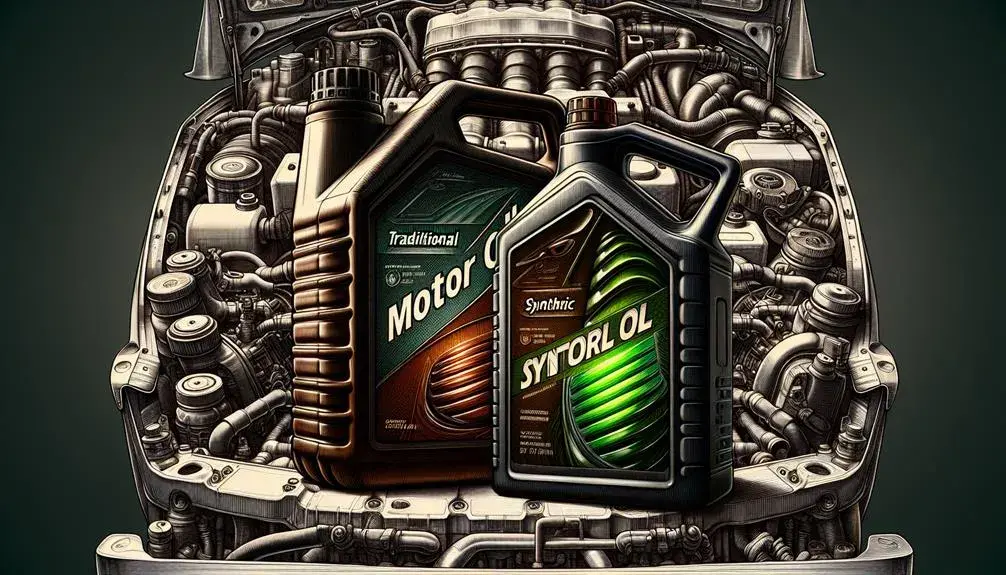
Conventional Vs. Synthetic Oil: Which Should You Choose for Your Oil Change?
May 23, 2024
Top Brake Components for Mercedes-Benz: Essential Guide to Brake Repair
June 7, 2024Choosing the right oil for your car is like selecting the appropriate key for a lock; it’s crucial to ensure the perfect fit for optimal performance. You’ve likely found yourself standing in an auto parts store, staring at rows of differing oils, and asking yourself, ‘which one is right for my vehicle?’
It’s a common predicament, but one that’s not as complicated as it might initially seem. Oil change, in essence, is the lifeblood of your vehicle. It lubricates, cools, and cleans your engine’s intricate parts, enhancing its longevity and efficiency. But not all oils are created equally.
The type you choose should be based on your vehicle’s age, the climate you drive in, and your manufacturer’s recommendations. We’ll be breaking these factors down, equipping you with the knowledge necessary to make a confident, informed decision the next time you’re faced with that daunting oil aisle.
Understanding Different Types of Oil
To make an informed decision about your next oil change, it’s essential to understand the three main types of motor oil: conventional, synthetic, and synthetic blend.
Conventional oil, the old standby, is derived from crude oil and provides adequate lubrication for most engines. Synthetic oils, however, are chemically engineered to deliver superior performance. They resist breakdown, flow better in cold temperatures, and protect your engine more effectively.
Synthetic blend oils offer a compromise, providing some of the benefits of synthetic oil at a lower cost. Choosing the right oil isn’t just about cost, it’s about what’s best for your car. By understanding these options, you’re not just an oil change customer. You’re part of a community of informed car owners.
Factors to Consider When Choosing Oil
Now that you’re familiar with the different types of motor oil, let’s consider the key factors that should guide your decision-making process.
First off, your vehicle’s owner’s manual will stipulate the oil grade suitable for your engine.
Second, consider the driving conditions. If you drive in severe conditions such as extremely hot or cold temperatures, heavy towing, or frequent short trips, you might need a more robust oil change.
Lastly, think about your car’s age. Older engines often benefit from high mileage oil that contains additives to help with wear and tear.
As a member of this motor community, your understanding of these factors will ensure you can confidently choose the right oil for your car’s specific needs.





